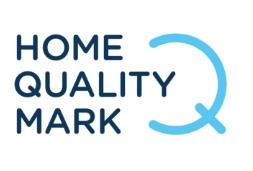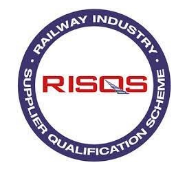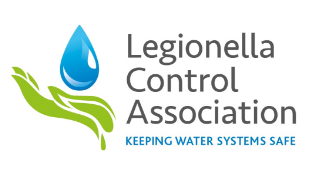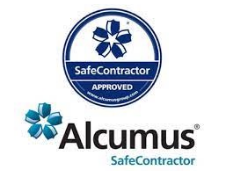Water compliance specialist GENEX is seeing a rise in demand for its legionella control services from hospitals, student accommodation providers, retirement homes and schools.
The high levels of service and meticulous monitoring processes for which GENEX is well-known are key factors in helping them decide to make the switch.
Often older and much larger buildings occupied by this type of institution are particularly prone to colonisation with bacteria, with their complex pipework systems a potential breeding ground for legionella.
The on-site secondary chemical dosing plants GENEX has installed at these higher risk establishments play an essential role in combatting the growth of bacteria.
In such sprawling premises chemical treatment is the most efficient option for prevention of legionella proliferation, explains GENEX technical account manager Mohammad Iqbal.
“The Heath Robinson nature of the pipework can mean hot and cold pipes overlap, resulting in a heat exchange taking place which can create the perfect temperature for legionella to grow.”
Alternatively, the sheer enormity of the pipe network, with some zones used very rarely, means some areas will harbour stagnant water, a popular breeding ground for legionella. Added to this, corrosion within old pipes is an attractive food source for the bacteria.
Part of the GENEX service sees it working closely with clients on non-chemical ‘first port of call’ methods to avoid a legionella outbreak. These include designing a Planned Preventive Maintenance (PPM) programme which can be delivered in house or by the GENEX team.
If the programme proves to be insufficient or inefficient either operationally or economically, the GENEX team will design, install, commission and maintain an appropriate chemical dosing plant.
GENEX specialists also carry out monthly maintenance to ensure the plant is properly functional and the correct dosage is administered. As part of the visit the plant will be serviced by a qualified and experienced GENEX engineer.
The beauty of these installations is that while the low dosage of chemical kills any legionella in the system, the water remains perfectly safe to drink.
All employers are obliged to control and manage any risks associated with potentially lethal legionella under Health and Safety at Work Act and COSHH regulations.














